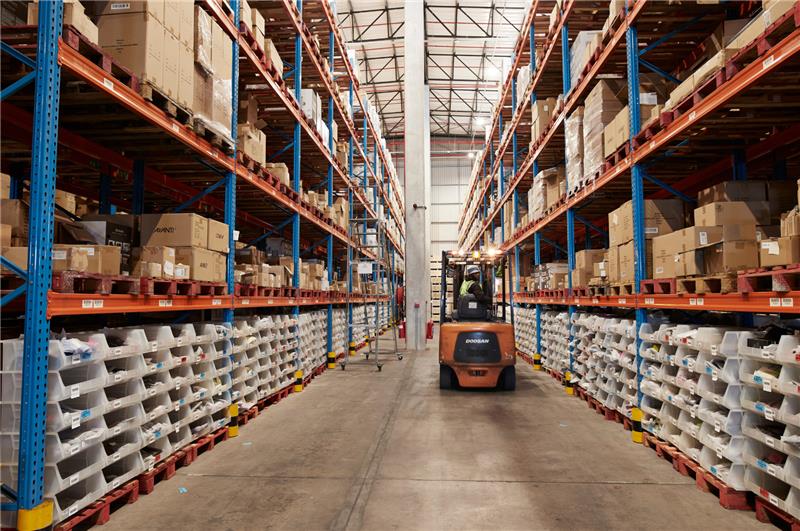Why SARS RLA matters more than ever
As of April 2025, the South African Revenue Service (SARS) has made it mandatory for all importers and exporters to register through its Registration, Licensing and Accreditation (RLA) system. Failure to comply now results in the suspension of Customs Codes (CU numbers), effectively halting cross-border trade. Whether you’re a small e-commerce seller or a large logistics provider, understanding and complying with the SARS RLA process is no longer optional—it’s essential.
What is SARS RLA?
The RLA system is SARS’s digital platform for managing customs-related registrations and licensing. It replaces many of the older manual processes and is designed to:
- Streamline customs compliance
- Improve transparency and traceability
- Reduce physical paperwork and in-person visits
The platform is accessible via SARS eFiling, where traders can register, upload documents, and track application statuses in real-time.
Who needs to register?
If you’re involved in importing, exporting, or acting as a customs intermediary, you must register on the RLA system. This includes:
- E-commerce businesses shipping internationally
- Freight forwarders and customs brokers
- SMEs importing goods for resale
- Individuals sending high-value parcels abroad
Even if you were previously registered under the old system, you must now re-register via RLA to remain compliant.
Key customs requirements in South Africa
To avoid delays or penalties, traders must ensure they meet the following customs requirements:
- Valid RLA registration: Without this, your CU number is suspended.
- Accurate documentation: Invoices, waybills, and declarations must match.
- Proof of address: SARS accepts municipal bills, phone accounts, or retail statements.
- Compliance with the Customs and Excise Act: This includes using correct tariff codes and adhering to proper valuation methods.
SARS has also introduced enhanced compliance checks, including background vetting and periodic audits.
Common mistakes to avoid
Many traders face delays due to avoidable errors. Here are some pitfalls to watch out for:
- ❌ Submitting incomplete applications
- ❌ Using outdated DA185 forms instead of the RLA portal
- ❌ Failing to upload supporting documents via the SARS Online Query System
- ❌ Assuming previous registration is still valid
Benefits of early compliance
Getting ahead of the curve offers several advantages:
- ✅ Faster customs clearance
- ✅ Reduced risk of penalties or shipment holds
- ✅ Improved credibility with logistics partners
- ✅ Peace of mind knowing your trade operations are secure
For B2C customers, this also means fewer delivery delays and more reliable international shipping.
How to register on the RLA system
Here’s a quick step-by-step guide:
- Log in to SARS eFiling
- Link your organisation profile
- Assign RLA user roles
- Capture and submit your application
- Upload supporting documents via the SARS Online Query System
For detailed guidance, SARS provides a Customs Trader Portal Guide.
Don’t let customs delays disrupt your business or personal shipments. Whether you’re an online seller, large enterprise, or individual trader, SARS RLA compliance is now non-negotiable. Our team can help you navigate the process, ensure your documents are in order, and facilitate the smooth movement of your goods across borders—fast and hassle-free.
📦 Need help with SARS RLA registration or customs clearance?
Contact us today for expert support and seamless cross-border logistics tailored to South African traders.




